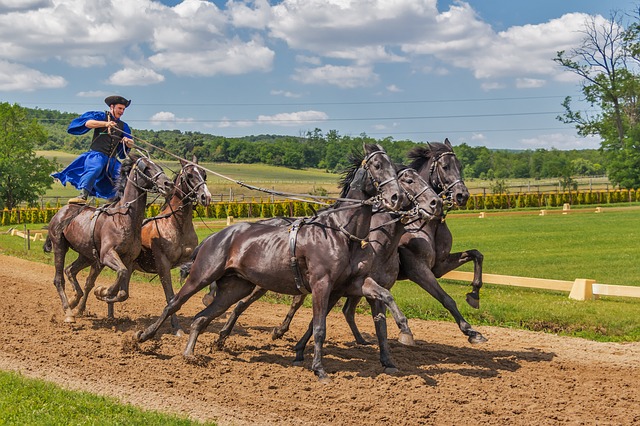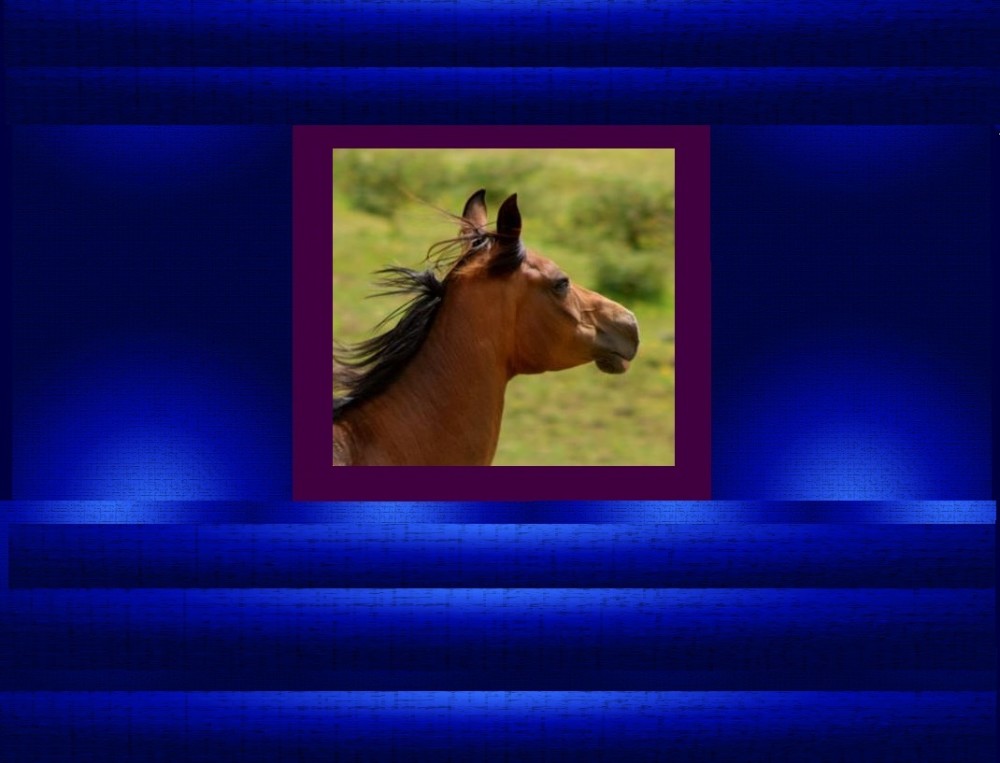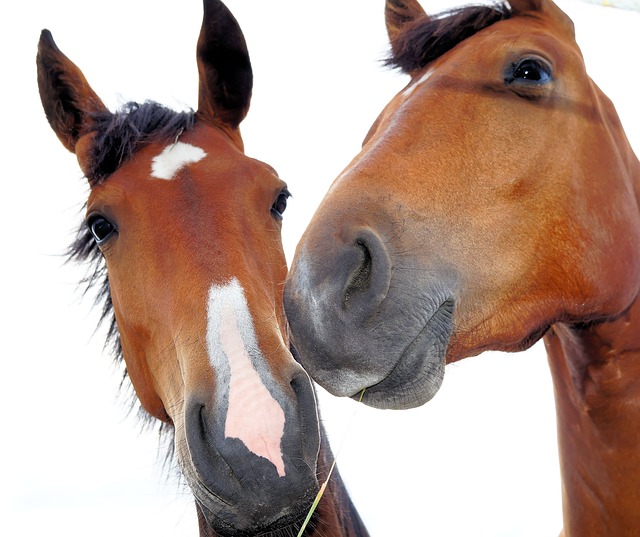Experience has great value in many areas of life, whether it be working with horses, police work, practicing medicine, or participating in a dangerous sport. Experience brings confidence and a knowledge that since you have seen this before or been through this before, you can handle it and even excel while doing it.
There is a tricky period of time where those who have some experience can become overly confident. This is more common with some personality types. They have gone through just enough to feel certain they know what they are doing, and that they have the answers. Those with much more experience know that this confidence is false, based on assumptions that since three horses have behaved in a certain way that means all horses will. Or that since three patients in surgery had no difficulty with anesthesia, that means every case will be straightforward.
It isn’t until a person sees the myriad of things that can go wrong in a given subset of life that they begin to learn what experiences can teach us. Depending on the person, this period of time can lead to disillusionment, shattered confidence, or even a stubborn belief that their previous ideas were correct and must be held onto despite proof to the contrary. This is the time when people either step up to the challenge and learn to excel, or when they back away and find other things to do that offer less opportunity for failure.
Experience is very helpful when working with square horses. If you’ve ridden and worked with dozens of other horses, then it is easy to understand that this particular horse is different and responds in ways that most horses do not. Without that base of knowledge, it is easy to doubt yourself and your own abilities. I know this because I have worked with square horses at both ends of the spectrum: as a new trainer and inexperienced rider, and later as a person who had handled and ridden multiple different horses from many different breeds.
When working with a horse that responds in unusual ways, it is tempting to feel that how the horse is behaving is due to your inabilities as a handler or trainer. The truth is that horses are easily conditioned to do almost anything. The only tools you really need to train a horse are consistency, fairness and calmness. With those three things your horse will conform over time to however you happen to handle them, ride them and expect them to behave. Even little children can train horses.
Horses are open to suggestions
 Horses try very hard to figure out what a trainer wants
Horses try very hard to figure out what a trainer wants
Keeping this in mind, you must understand that if your horse does not conform to what you have been asking him to do for many months or even years, this does not come down to training. Horses do not forget things they have previously learned, although any new handler or rider will quickly reconform the horse to their style of riding and handling. This might appear to be “untraining” the horse, but in reality the new person is simply training the horse in a different way. Even if this means the horse is rushing through transitions, does not stop and stand still, or seems to lose other behaviors he previously learned, those are all still within his memory. The horse is merely going with the current training techniques and responding appropriately to what the new handler expects of him (or does not understand how to teach him).
Yet it can be freeing to know that if you ask your horse to do something you’ve trained other horses to do and the horse just never consistently pulls it off, it is not your training. You must understand that this horse has some anomaly, physical or mental (most often physical) that prevents him from doing this task. The horse understands what you are asking, and the horse would do it if he could.
An example is a horse that has had her hooves trimmed on a monthly basis for five years. The horse still pulls away and jerks the hind legs each time she is trimmed, making things difficult for the trimmer. It is not possible that this horse does not understand she should hold her hind legs up for the farrier. So why is the horse behaving like this? It turns out this horse has a neurological condition called Shivers. With Shivers, there is a lesion on the brain that prevents the cerebellum from sending the correct signals down the nerve to activate the muscle. Although the horse is actually trying to hold her hind legs up properly, the nerves fire different parts of the leg muscle, causing the leg to extend forward or jerk instead of relax.
Another example is a horse that rushes at the trot and canter. The owner wants the horse to learn to relax, jog and lope. As most trainers know, after several months of learning to balance and relax on the lunge and under saddle, horses will develop the muscles they need to slow down their gaits. This horse has been ridden in athletic pursuits for several years. Why won’t he slow down? People give advice to the rider that he needs to learn to get rid of all tension when riding, but the horse will not relax with any rider. It turns out this horse has PSSM. The disease causes muscle cramping, damage and atrophy to the large, driving muscles of the hind end. In order for the horse to move slowly, he needs to be able to engage his hind end. Since he is weak and unable to improve those muscles significantly due to his disease, he will never be able to perform in a very collected manner.
In the video below you will see a horse that some riders would think had serious behavioral issues. Fortunately, the owners were able to discover the horse’s health issues that were causing the problems. The difficult thing is that many horses will have symptoms that are so subtle they are easily missed unless a person knows exactly what to look for. And not every horse will be able to improve to this extent even when a condition is treated, especially if they are older and (in the case of PSSM) already have permanent muscle damage.
One great value of the internet is that we can learn from other people’s experiences. Imagine wondering if your horse had some physical problem when the only resources available were the isolated experiences of your own vet and what he had been taught in school many years ago. Add to that some outdated book from the library’s limited equine section. Thankfully, today we can compare experiences with others and learn much more effectively.

